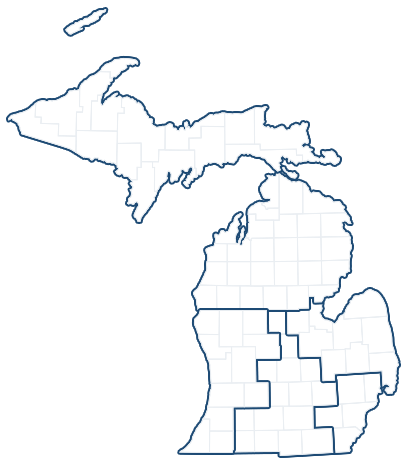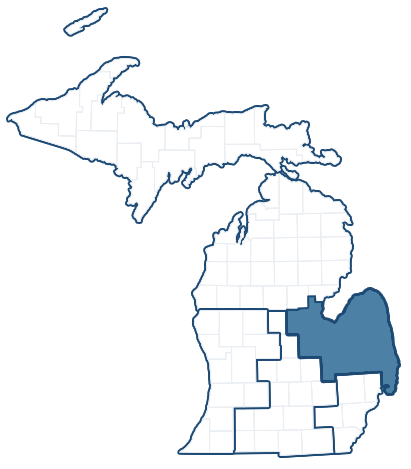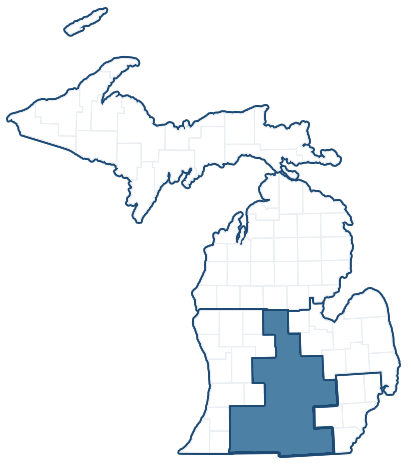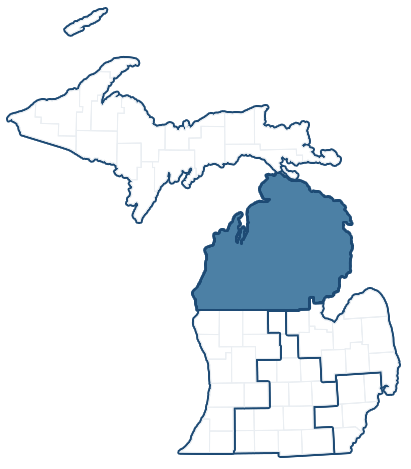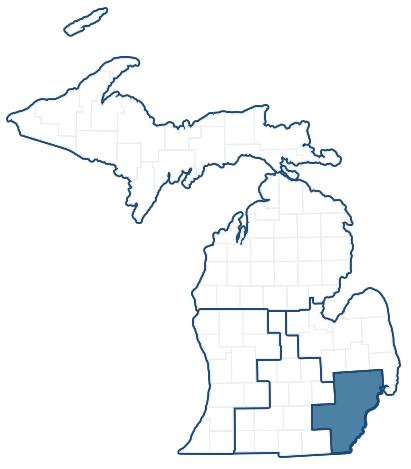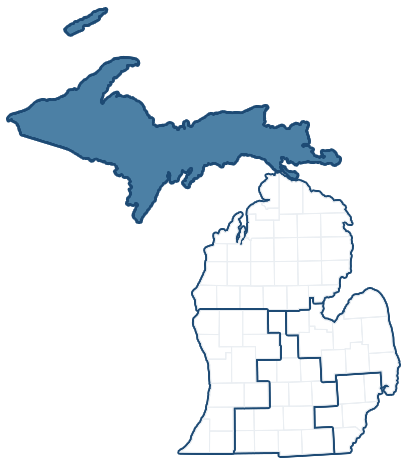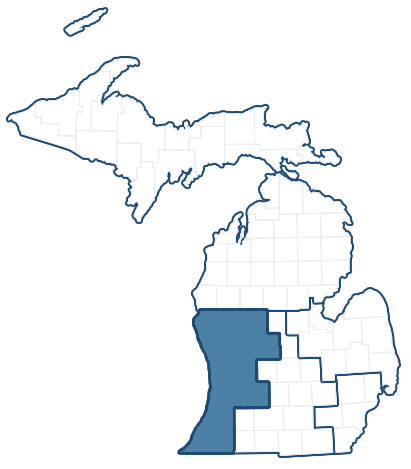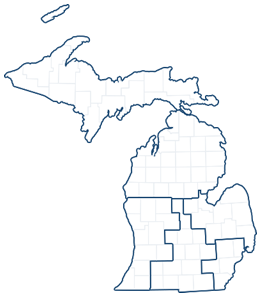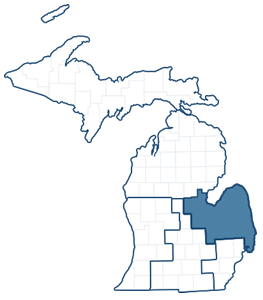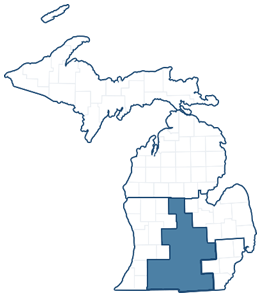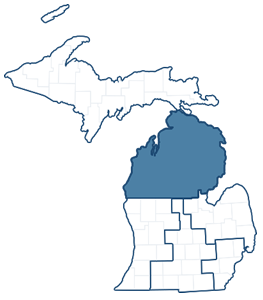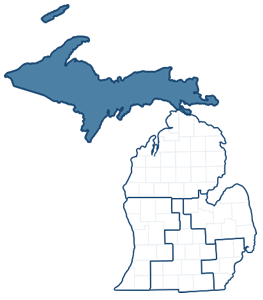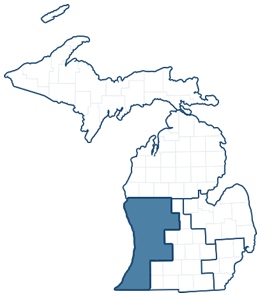Stabenow, Peters Push to Hold Pharmaceutical Companies Accountable During Pandemic as Part of Bipartisan Senate Effort
Tuesday, September 22, 2020WASHINGTON, DC – U.S. Senators Debbie Stabenow (MI) and Gary Peters (MI) called on the Trump Administration — with a bipartisan group of Senators — to hold large pharmaceutical companies accountable for undermining programs for safety net health providers during the Coronavirus pandemic. In a letter to Department of Health and Human Services (HHS) Secretary Alex Azar, the Senators and their colleagues pressed the Department to penalize companies that set prices at levels higher than permitted by the Health Services and Resources Administration’s 340B Drug Pricing Program. The 340B program requires drug companies to sell discounted prescription drugs to safety net hospitals, rural health facilities and other entities that provide care in underserved communities.
“In the midst of the ongoing COVID-19 pandemic, where providers have seen drops in revenue and available resources, it is critically important that 340B covered entities, including federally qualified health centers (FQHCs), FQHC Look-Alikes, children’s hospitals, Ryan White HIV/AIDS clinics, and other safety-net hospitals and providers are able to continue to serve the individuals who seek out their care,” wrote the Senators. “We urge HRSA to take immediate and appropriate enforcement action to halt these tactics and ensure safety-net providers are able to continue providing life-saving medications to patients across the country.”
“Michigan hospitals are busy trying to save the lives of COVID-19 and other patients while they face extreme financial hardship from the pandemic; they should not have to worry about drug companies eliminating 340B discounts in direct violation of current regulations. These discounts help save patients money and are crucial to 340B hospitals’ financial survival,” said Michigan Health & Hospital Association CEO Brian Peters. “We applaud Senators Stabenow and Peters for joining forces with their Senate colleagues to fight these profit-driven changes by drug companies.”
“The 340B program helps health centers provide life-saving medicines and services to low-income patients,” said Dennis Litos, Michigan Primary Care Association interim CEO. “But if drug manufacturers have their way, they’ll dismantle the program, forcing patients to pay higher costs and reduce access to prescriptions — all during a pandemic. We’re grateful that health center champions in Congress, like Sens. Stabenow and Peters, are standing with us against this threat.”
The text of the letter is below and available here:
Dear Secretary Azar:
We write to express our concerns regarding recent actions from pharmaceutical manufacturers that threaten to undermine the role of contract pharmacies in the 340B Drug Pricing Program. In the midst of the ongoing COVID-19 pandemic, where providers have seen drops in revenue and available resources, it is critically important that 340B covered entities, including federally qualified health centers (FQHCs), FQHC Look-Alikes, children’s hospitals, Ryan White HIV/AIDS clinics, and other safety-net hospitals and providers are able to continue to serve the individuals who seek out their care. As these threats to the Program progress, we fear the potential exacerbation of these shortfalls in resources for providers at a time when they are needed most. While we understand that the Health Resources and Services Administration (HRSA) is further investigating these actions, we urge HRSA to take immediate and appropriate enforcement action to halt these tactics and ensure safety-net providers are able to continue providing life-saving medications to patients across the country.
As you are aware, on September 1, 2020, Eli Lilly announced that the company would no longer allow 340B covered entities to receive discounts for products that are shipped to a contract pharmacy, with an exception for insulin. This follows similar actions from AstraZeneca, which announced in August that it would refuse 340B pricing to hospitals with on-site pharmacies for any drugs dispensed through contract pharmacies. Similarly, other companies have imposed additional and burdensome reporting requirements on all contract pharmacy claims. For covered entities, and in particular rural hospitals and other rural covered entities that rely disproportionately on contract pharmacies, these changes could have long-lasting repercussions that will challenge a covered entity’s ability to support its community now during this pandemic and in the future.
The Public Health Service Act requires that manufacturers wishing to participate in Medicaid and Medicare Part B enter into agreements with the Department of Health and Human Services (HHS) that “require that the manufacturer offer each covered entity covered outpatient drugs for purchase at or below the applicable ceiling price if such drug is made available to any other purchaser at any price.” Further, HRSA has recognized the importance of contract pharmacies by acknowledging such arrangements in current guidance. We believe these recent actions by pharmaceutical manufacturers run counter to the statute and create a dangerous and negative precedent for the 340B Program and the providers and patients it serves.
To ensure pharmaceutical manufacturers continue to comply with the 340B statute and provide discounts to safety-net providers, we call on HRSA to take appropriate, prompt enforcement action to address violations of the Public Health Service Act. We appreciate your attention to this important issue and look forward to partnering with you and stakeholders to ensure the 340B program continues to support access to quality health services with proper oversight and transparency.
###
Next Article Previous Article



